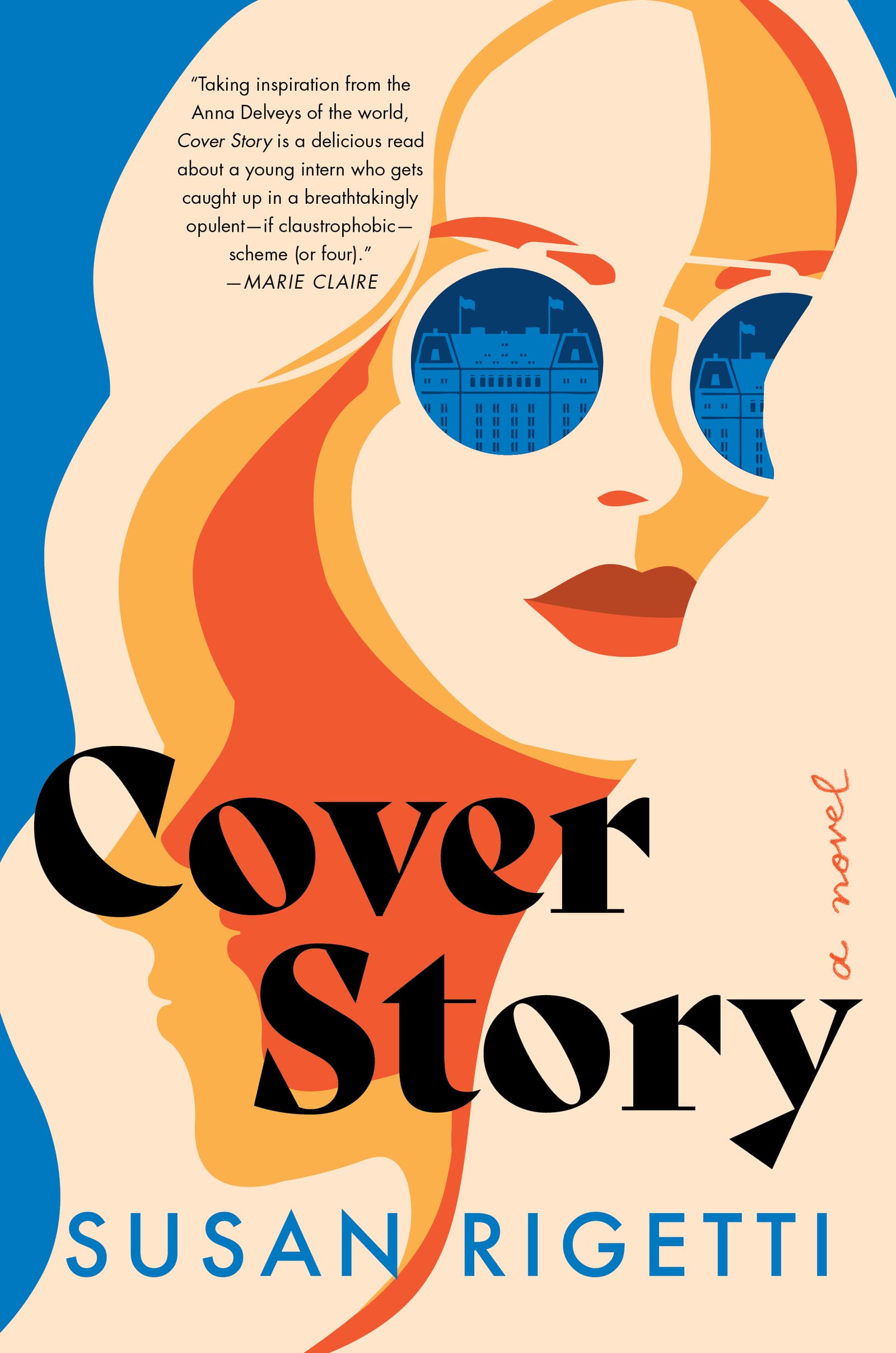When I Don’t Know How She Does It, by Allison Pearson, came out in 2003, I wasn’t interested in reading it. Here’s why:
1) I was sick (even then) of the working mom-stay home mom debate;
2) it seemed depressing – if it weren’t hard to “have it all,” then no one would write about it; and
3) it sounded exhausting – who wants to hear about someone else’s stress?
Then I came across a copy of I Don’t Know How She Does It at a used book sale a year ago, and on a whim, I picked it up, mostly because my friend Jean, one of the best readers I know, had casually mentioned to me a while ago that she had read it and liked it.
Somehow, it catapulted ahead of all of other books I want to read, and I read it.
The good: First, it’s very well-written. If you don’t know already, it’s the story of Kate, a working mother in London who has a high-powered job at a stodgy British investment bank, as well as 5 year-old and a toddler. Most of the book details her struggle to balance motherhood with her intense career. Pearson is an excellent writer, and she’s very, very funny. Laugh out loud funny.
Second, speaking from the vantage point of someone trying a similar juggling act, I found some kernels of absolute truth in the book. She hits the nail on the head multiple times in describing Kate’s conflicting feelings toward motherhood and her career. For most of the book, she’s incredibly realistic; instead of glorifying or simplifying motherhood, she examines it in all of its messy imperfection.
And now the bad:
Sometimes the book is startlingly unsubtle. When Kate complains about the double standard that requires her to stay at work late at her children’s expense, yet celebrates the dads who leave meetings early for their children’s school events, it sounds like more like a policy paper than a novel. We get it. There’s a double standard and it’s unfair.
I also find it hard to believe that her employer is typical of real-life investment banks. Come on, it’s the twenty-first century, not the early 80s. Are things really that bad? Maybe they are, in London – but I doubt it.
Finally, and this is a big one – the ending was a huge disappointment. I won’t give away too much here, but it was pure Hollywood, both in the way it resolved Kate’s inner conflict and in the way she “stuck it” to the male-dominated society that she had suffered under. And, to be honest, I felt betrayed. Here I thought I had a compadre in Allison Pearson – someone who understood me – and then she abandoned me.
All of that said, I liked the book. I’d recommend it. Definitely a fun and compelling read. If this post has scared you off – just wait for the movie. I am sure it’s due out at some point soon.











About Me
I have been blogging about books here at Everyday I Write the Book since 2006. I love to read, and I love to talk about books and what other people are reading.